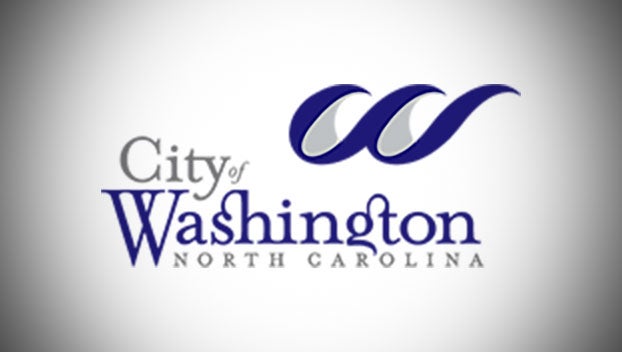Municipal service district could help fund program
Published 8:32 pm Friday, May 27, 2016

- DAILY NEWS TARGET AREA: City officials plan to explore the possibility of creating a municipal service district in the central business district.
The City Council’s decision to add $20,000 to fund the façade-grant program in the city budget for the 2016-2017 fiscal year could result in the city exploring a municipal service district in the downtown area.
Mention of the municipal service district arose during the council’s meeting Monday as council members, Mayor Mac Hodges and City Manager Bobby Roberson discussed Councilwoman Virginia Finnerty’s plea to restore funding for the façade-grant program in the new budget, which takes effect July 1. The proposed budget did not include money for the program, which Finnerty said helps keep the city’s downtown looking good and aids property owners and business owners in repairing and refurbishing their storefronts.
In North Carolina a municipal service district is a property tax district. The city may levy a property tax within a business improvement district (a type of MSD) in addition to the citywide property tax, the proceeds of which finance additional services or projects provided in the district.
The BID property tax is levied on the same tax base, within the district, on which the citywide property tax is levied. The property tax base includes real and personal property. The same exemptions apply to assessing a BID property tax as apply to the citywide property tax.
In addition to the BID tax proceeds, a city may allocate to a BID any other unrestricted revenue.
“I would have to have more details because, on the surface, what it would mean is the owners of the buildings are the ones paying that tax, It would be, basically, a property tax,” Finnerty said Friday. “I’m not sure that would be effective. I’d have to research more.”
Finnerty wants to be clear about who would be paying any taxes and who would benefit from revenues generated in such a district.
Revenues from such a district could be used to fund the façade-grant program.
Initially, the city’s contributions to the façade-grant program came from an annual principal-and-interest payment — about $22,000 — on the Urban Development Action Grant loan used to finance construction of the former Bonnie Products building at the Beaufort County Industrial Park. The payments came to the city, which was required to use the funds for economic development. After that money ran out, the city used tax dollars to fund the program.
Roberson wants to study the program, possibly modifying it so the city gets “more bang for its buck.”
“I’m the first one to tell you I’m proud of the program, but I have reviewed it. Subsequently, we’ve had more than one applicant that has received more than three or four grants on a rotating basis. I don’t think that was the original intent,” Roberson said. “What we want to do is take a year off, revisit it. I think the first thing we need to do is look at how you want to implement the new program.”
Roberson said he wants to meet with property owners and business owners in the city’s central business district to find out what amenities they want, with the goal of designing a program that would focus more on benefitting first-time program applicants and less on applicants who have already received grants in the past.
Finnerty somewhat disagreed with that approach. “There’s old buildings that need help. I agree that maybe the same owners (getting money) every couple of years would be wrong. You would have to have a time limit for how often they could apply for it,” she said. “We have a lot of very sad looking buildings that need a lot of help, and that grant would be very helpful.”
Finnerty said she believes many downtown property owners and business owners are not aware of the program. Roberson disagreed, saying most of them are aware of the program.
The program improves exteriors of buildings in downtown Washington. It provides funds to help replace awnings, replace windows, repoint bricks and make other aesthetic upgrades. At one time, the program paid for roof repairs and landscaping. Property owners/business owners applied for grants. Applications were reviewed, and grant recipients selected. Grant recipients were required to contribute money toward their projects. The city would pay up to $2,000 for a project.
Sometimes the program’s funds would be depleted and the city would provide more money.
The program awarded 143 grants totaling $256,660 through fiscal year 2007-2008, according to city records. The total cost of improvements made to the downtown properties during that period came to $1,164,784, according to city records. There were no grants awarded in fiscal year 2003-2004.
Roberson said one option to fund the program could be establishing a municipal service district in the downtown area. The majority of municipalities in North Carolina that have Main Street programs (designed to bring economic-development to central business districts) have MSDs, according to Roberson. Downtown property owners and business owners would have to buy into the advantages of having an MSD for it to be successful, he said.






